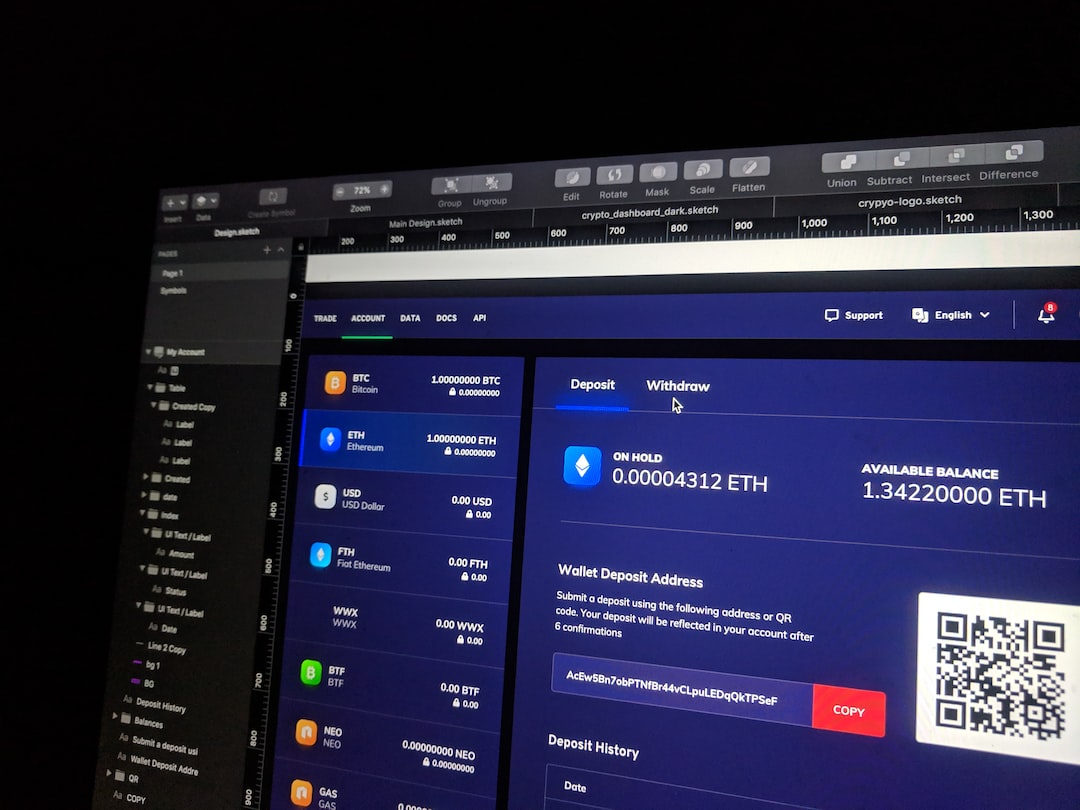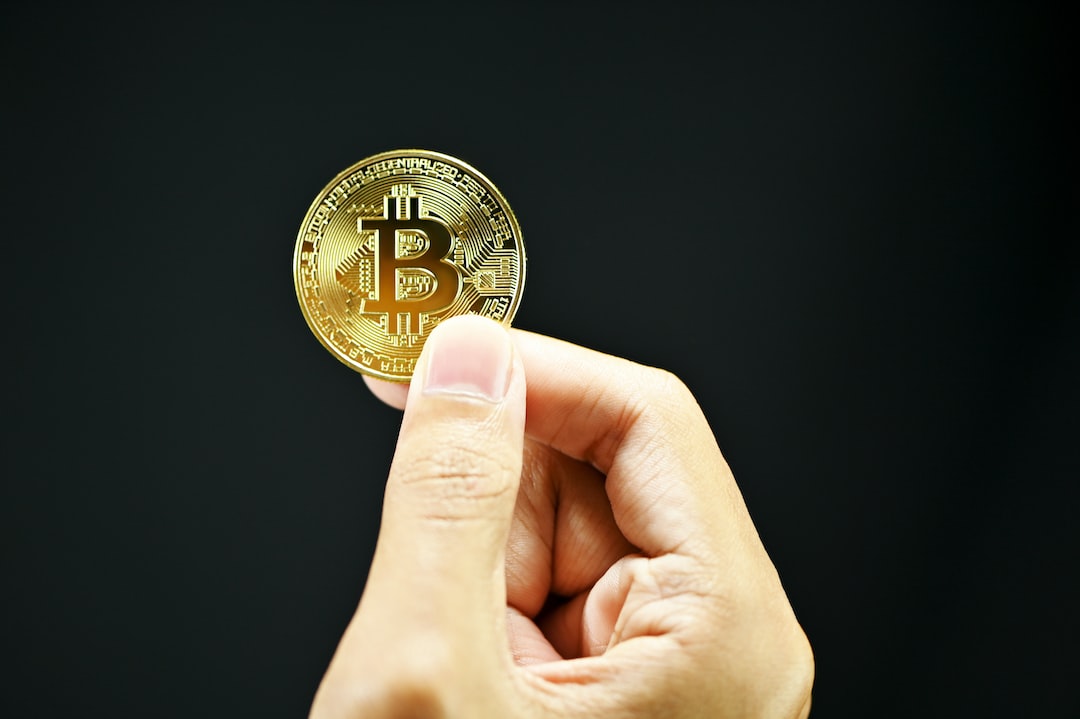Summary:
A district judge has dismissed a class action lawsuit against Uniswap, a decentralized exchange, finding that the exchange and its associates were not liable for scam tokens that burned traders. The lawsuit accused Uniswap of violating securities laws by being an unregistered broker and dealer and allowing token issuers to scam investors. The judge stated that the plaintiffs’ dilemma is the pseudo-anonymous nature of the token issuers and that they should seek redress from the actual issuers. Uniswap operates under decentralized finance (DeFi) and has seen significant trading volume. The appeal of DeFi lies in its permissionless nature, allowing anyone to create and list tokens on exchanges like Uniswap. The judge found that Uniswap’s ability to charge transaction fees and governance token were not convincing enough to hold the exchange’s associates liable.
Main Breakdowns:
– District judge dismisses a class action lawsuit against Uniswap regarding scam tokens.
– Lawsuit accused Uniswap of violating securities laws.
– Plaintiffs are unable to seek redress from token issuers due to their pseudo-anonymous nature.
– Uniswap operates under decentralized finance (DeFi) and has high trading volume.
– Uniswap’s ability to charge transaction fees and governance token were not enough to hold associates liable.
Hot Take:
The dismissal of the class action lawsuit against Uniswap highlights the challenges of holding decentralized exchanges accountable for scam tokens. The judge’s decision emphasizes the need for regulation and clarity in the rapidly growing DeFi space. While Uniswap’s core smart contracts were deemed lawful, the lack of case law and guidance surrounding DeFi protocols remains a concern. It is crucial for regulators to address this gray area to protect investors and maintain the integrity of the crypto market.





 By
By
 By
By
 By
By

 By
By
 By
By